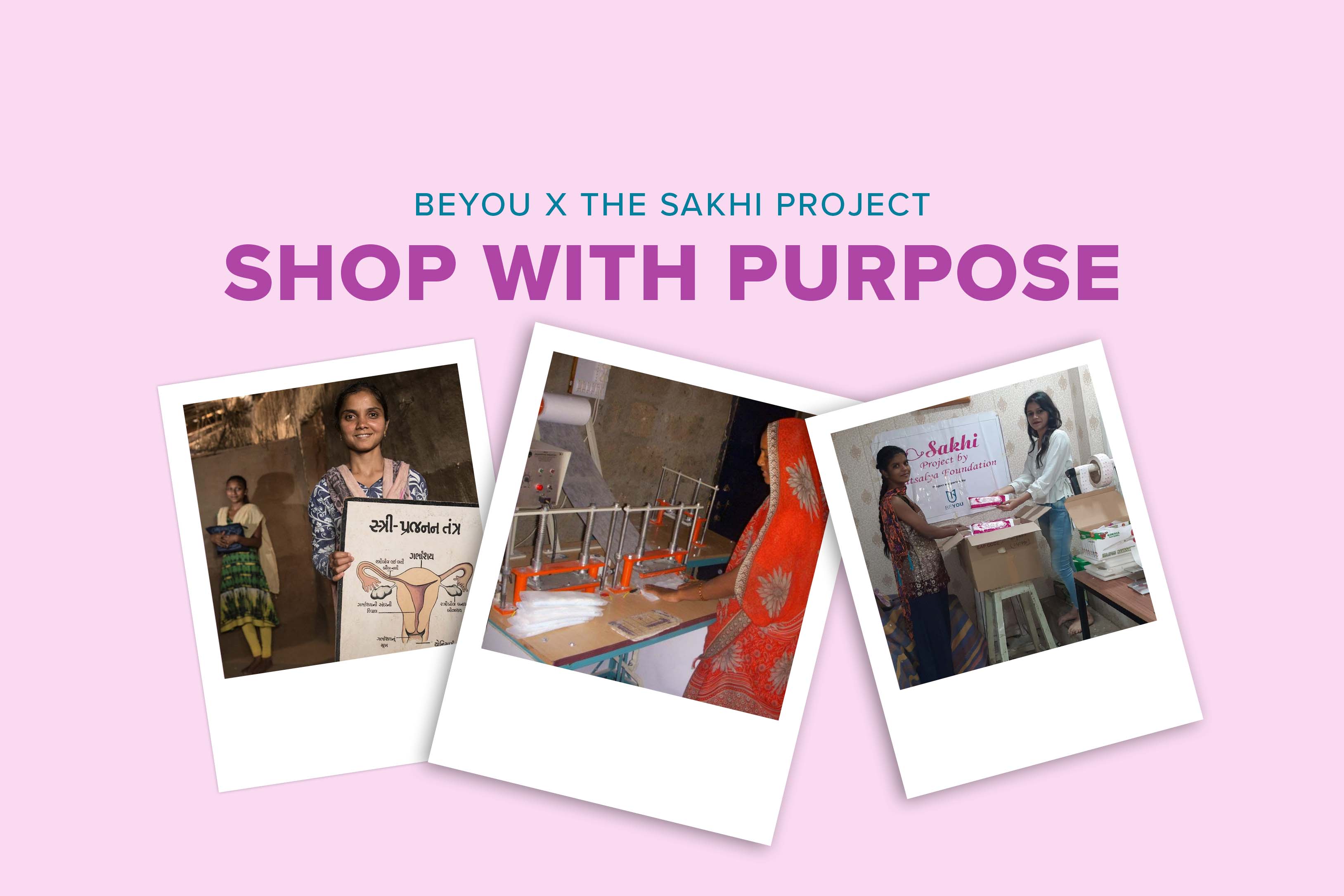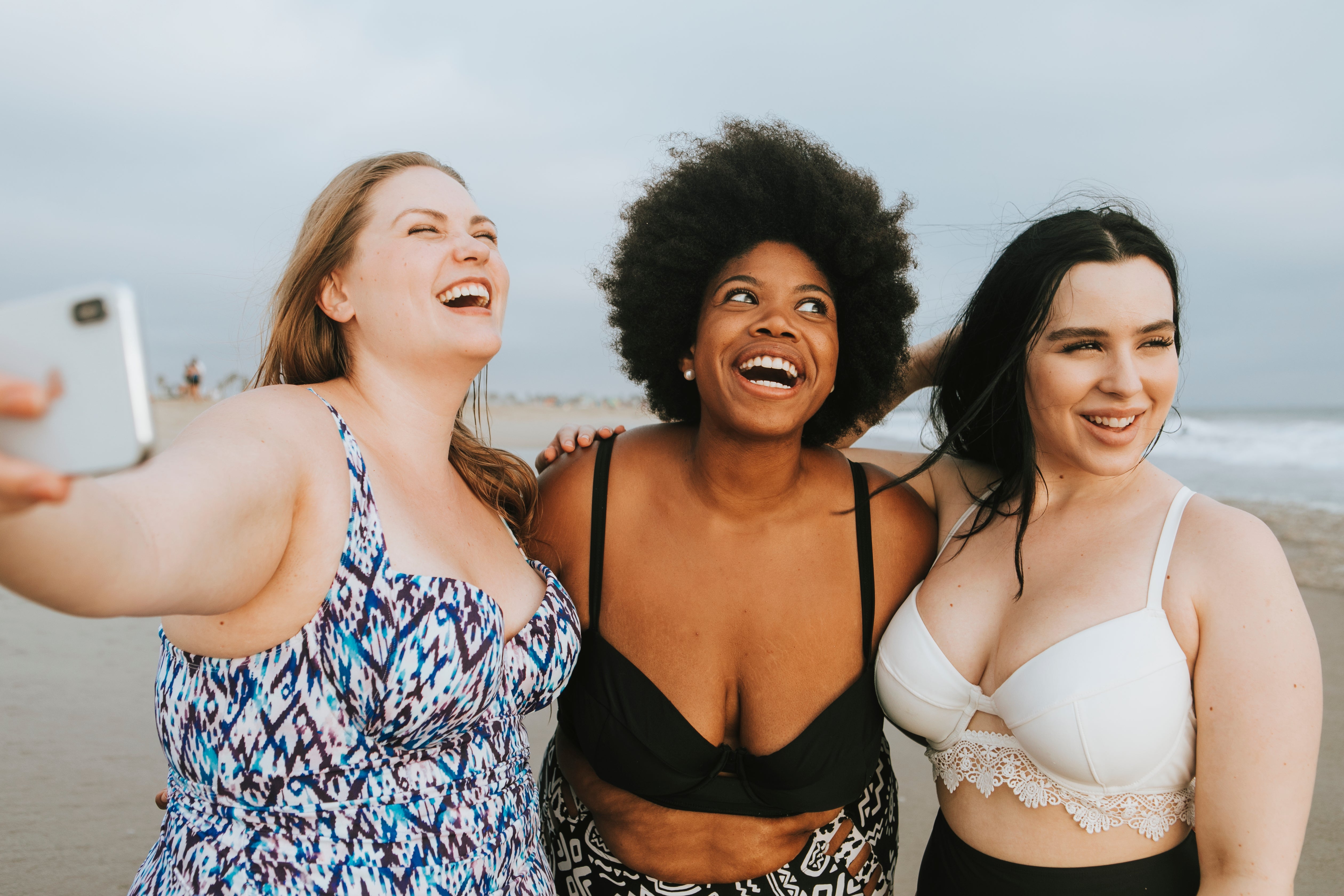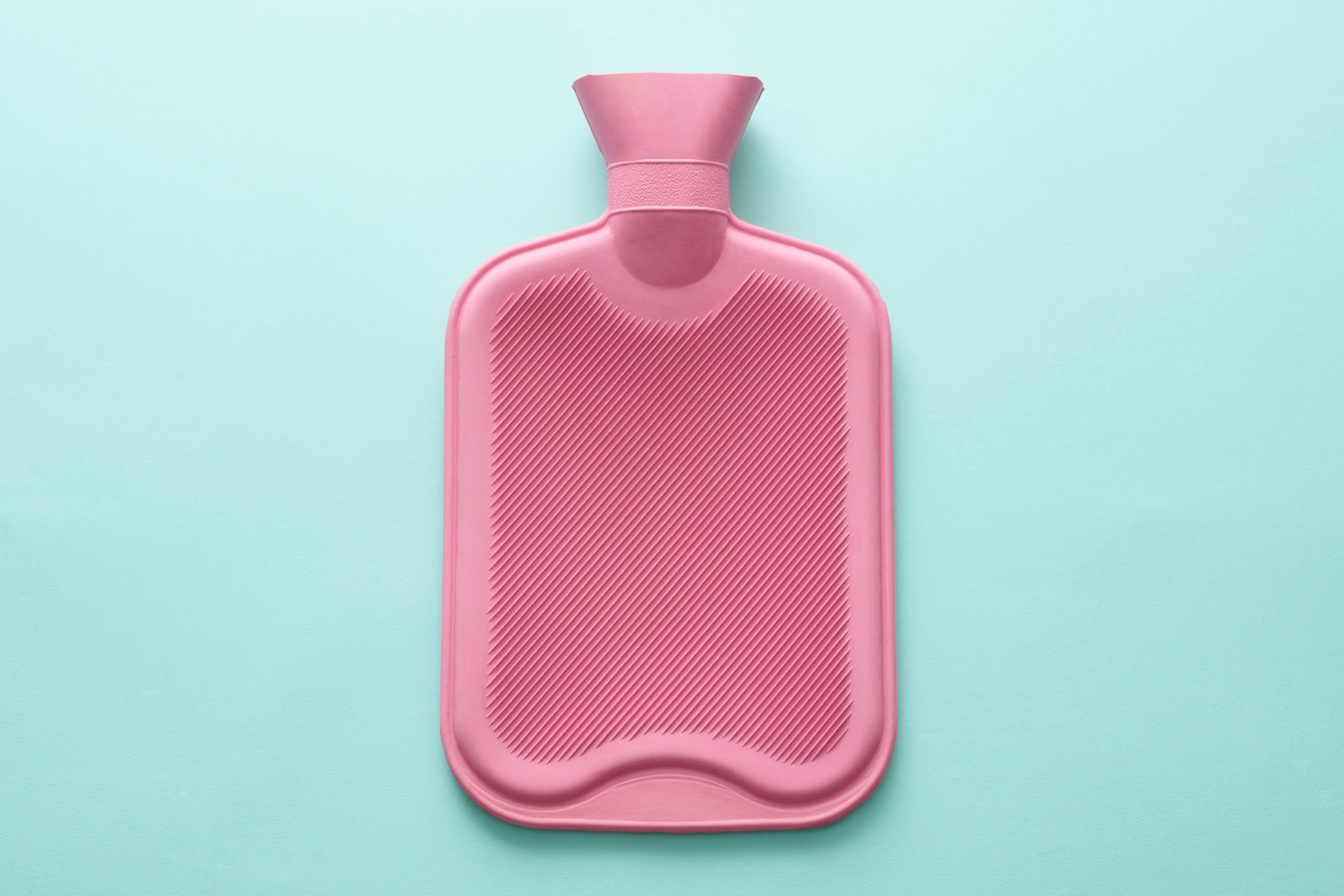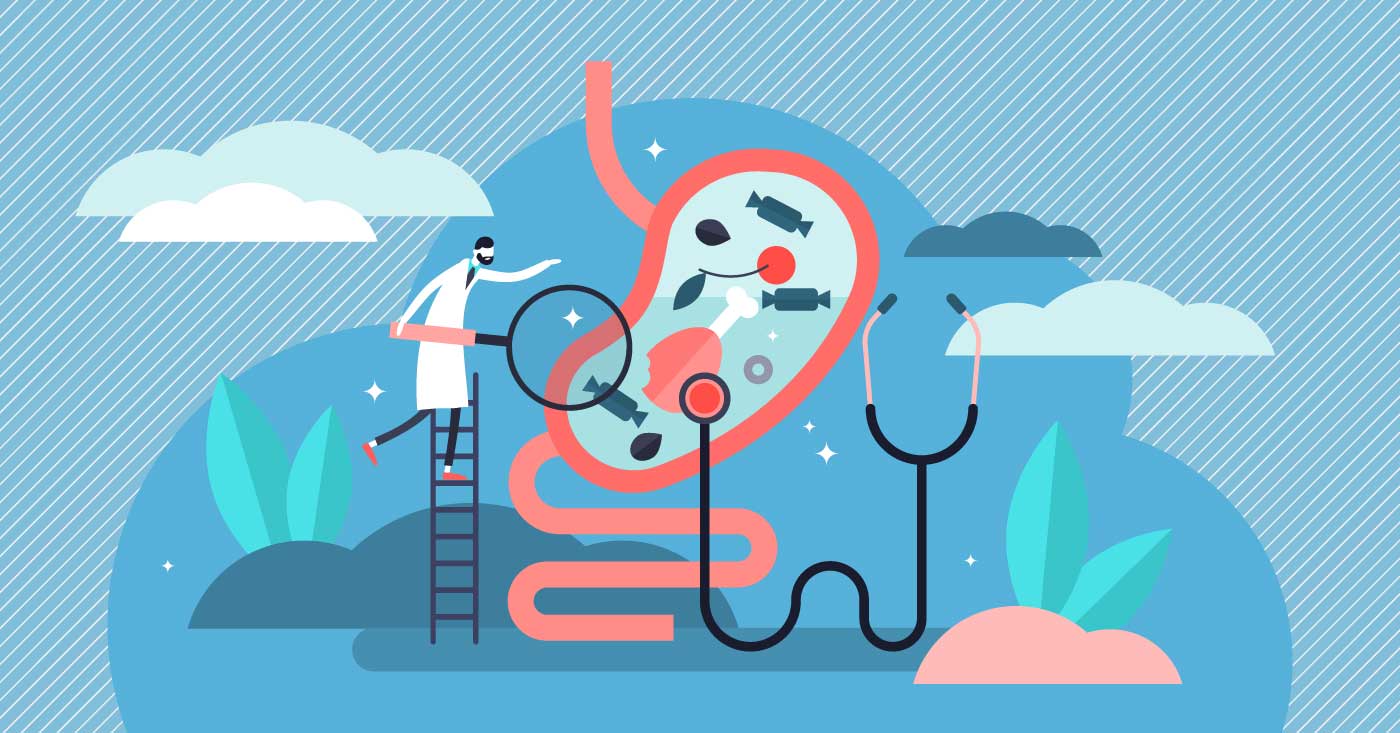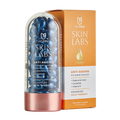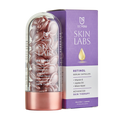What it's really like to be a GP with Dr Tosin Sotubo
Mar. 23, 2020 dr tosin sotubo
BeYou sat down with Dr Tosin Sotubo who is a GP based in London and is also the creator of Mind Body Doctor. Her platform strives to demystify those too well-known health myths as well as educating us on what truly matters when it comes to our health.
Why did you become a GP?
I think it just started in school. It was more of an interest in science and a fascination behind the human body and how it works. And then obviously, I went on a couple of work experiences and I found that, "Wow, you can actually make a difference in people's lives." My interest in science, coupled with actually wanting to help people and make a difference is where my passion started and then just went from there.
What made you decide to launch Mind Body Doctor?
I think for me, I've always had a passion for wanting to spread health awareness and really kind of the basics of health and disease prevention. But when I started to work as a GP, I found it really frustrating just being inside the four walls of my consultation room. So I wanted to spread my knowledge a bit more and reach as many people as I could. And that's where the idea of Mind Body Doctor came about. I just wanted it to be a relaxed and chilled space where people can come and learn more about their health, which I think is really, really important. And to inspire people to take control of their health and their wellbeing.
Do you think there's enough diverse representation in the medical and wellness world?
There's definitely kind of a one size fits all approach in the wellness world at the moment, especially surrounding social media, which doesn't really reflect what we're talking about. We're talking about health and wellness, which affects literally everyone no matter shape, size, gender, colour. When you're seeing those people out front representing health and wellness looking a certain way and very similar to each other, it's difficult for a lot of people to relate. And that's one of the reasons I started Mind Body Doctor, I was looking on social media and I was thinking, "Okay, if I can't relate to these people, how are the majority of other people going to be able to relate to these people that are meant to be giving advice, trying to inspire people to look after their health?"
That was another one of my big driving forces and started Mind Body Doctor. I definitely think there's not enough diverse representation, but there's a lot of people out there doing some great stuff in that space. I think there are people, they just need to be brought more to the forefront.
Are there any particular health issues that you're most passionate about?





